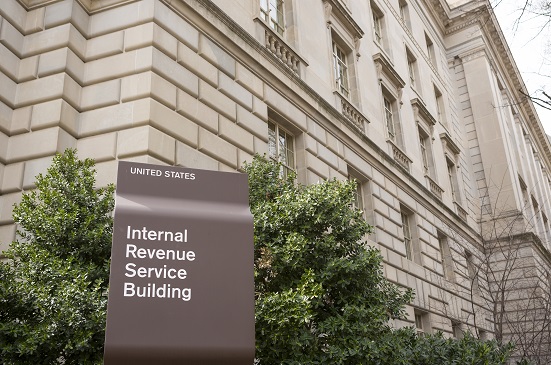IRS Hitting Estimated Tax Filers With More Penalties

The IRS plays no favorites when it comes to taxpayers missing payments or not paying enough. However, those who pay their income tax via quarterly estimated payments had better pay particular attention because lately the IRS has been coming down hard on these individuals with much more frequency.
According to recent IRS data, the number of penalties issued by the agency has jumped 33 percent between 2007 and 2016, from nearly 7.5 million to almost 10 million. These taxpayers, who often work as freelancers and business owners, get penalized because they don’t withhold enough money from their income to pay the necessary taxes.
According to the IRS, the data would appear to indicate that these individuals are either making mistakes in their calculations or they simply aren’t aware they need to pay these taxes. As for the cause of the increase in the number of penalties, the Doesn’t really have the answer.
However, the agency believes the increase in the number of taxpayers that now work for themselves, either as business owners or as freelancers, is one factor that is likely playing a role in the rising number of penalties.
The IRS suggests anyone who is responsible to make quarterly estimated tax payments fill out the agency’s annualized income installment method worksheet in order to calculate his or her taxes correctly and avoid the penalty.
Impact’19: Tom Kandris
About Tom Kandris Tom Kandris is a regional business leader from Northern California, and a serial entrepreneur and investor. Kandris spent the first half of his career entrenched in the semiconductor industry where he held domestic and overseas senior executive and board-level roles in major American, Japanese and European corporations. In 2000, Kandris cofounded PackageOne,…
Impact’19: Michael Beaudoin II
About Michael Beaudoin II Michael invests in early stage companies, on behalf of Mark IV Capital. Previously, Michael created and operated AT&T’s Aspire Accelerator; and served as a Vice President at JPMorgan Chase and Deutsche Bank. Michael graduated with an MBA from Pepperdine and undergraduate from Ball State University. Bio Source: sched.com Interview Transcript of:…
Impact ’19: Jan Geldermacher
Jan Geldermacher is President of Sprint Business. He joined the company in August 2016 and reports to CEO Michel Combes. Transcript of Impact’19: Jan Geldermacher: Alan Olsen: I’m visiting here today with Jan Geldmacher. And Jan is currently the President of Sprint, Jan Geldmacher: Business, Alan Olsen: Sprint Business and telecommunications. And, and…
Impact ’19: Stacy Lewis Daher
Stacy Lewis Daher is an experienced financial leader with a successful track record in asset management, finance, accounting, treasury, procurement, debt issuance and management, and financial planning roles at the University of San Francisco and PricewaterhouseCoopers. Transcript for Impact ’19: Stacy Lewis Daher: Alan Olsen: I’m visiting here today with Stacy Lewis. She’s…




